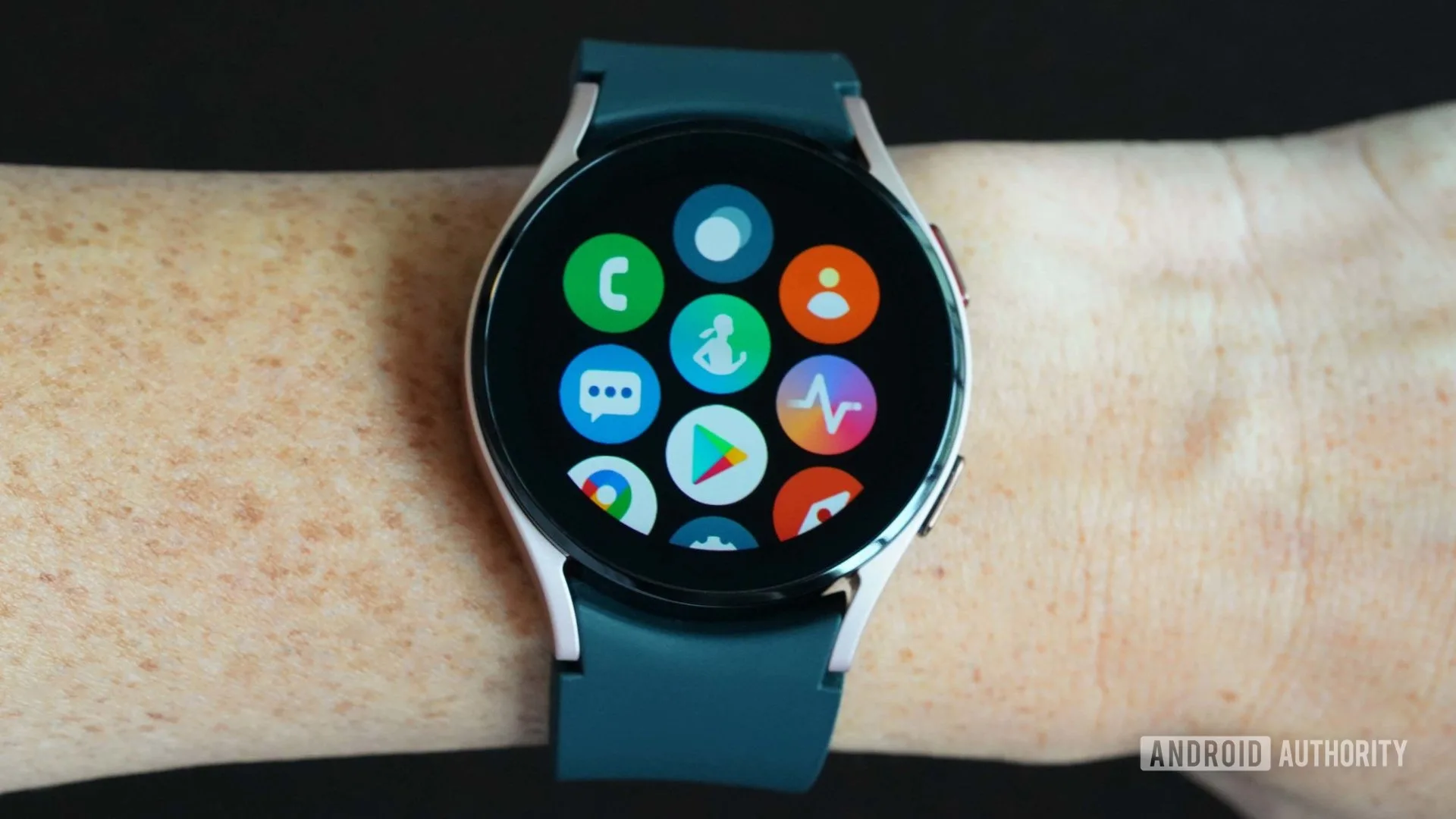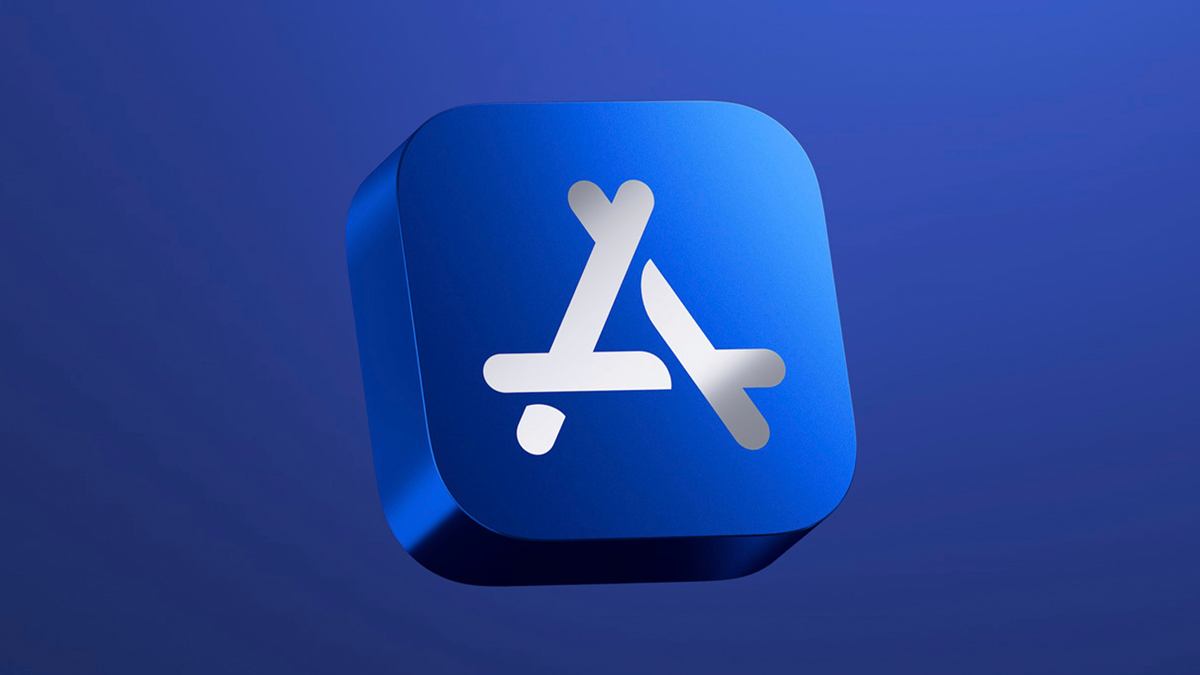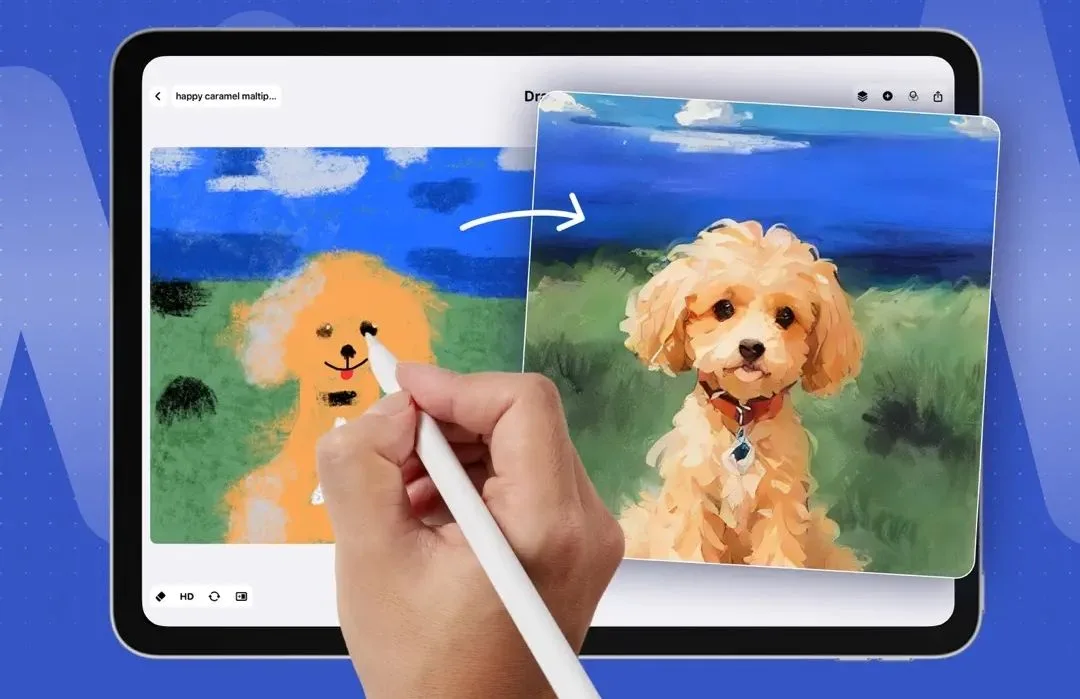Threads isn’t the first copycat app from Mark Zuckerberg
Zuckerberg’s latest not-quite-innovation comes in the form of Threads, an Instagram-based Twitter competitor.
News first emerged that Instagram parent company Meta was working on a Twitter rival last month, with the revelation leading Twitter owner Elon Musk to challenge Zuckerberg to a “cage match.”
Threads is now live, with Zuckerberg boasting that it has already surpassed 30 million signups in less than a day — thanks in part to the ease of setting up a profile using an existing Instagram account.
In his first few posts on the fledgling app, Zuckerberg has expressed hopes of getting Threads “on a clear path to 1 billion people,” adding that “Twitter has had the opportunity to do this but hasn’t nailed it.”
Though Zuckerberg has said that the Threads team is “focusing on kindness and making this a friendly place,” he hasn’t pretended that Threads is very different from the platform it is aping.
Indeed, Zuckerberg even logged into his own Twitter account, which has been dormant since January 2012, to share the popular pointing Spider-Man meme in a seeming acknowledgment of how similar the two platforms really are.
Musk, meanwhile, replied with a laughing emoji to a Tweet saying that Threads was a straight copy-and-paste of Twitter.
“They’re not building anything with this platform,” Wedbush Securities analyst Dan Ives says of Meta. “It’s just a platform that’s looking to tap into a massive Instagram install base and take the frustration and hate toward Musk and Twitter, bottle it and look to gain market share.”
Whether or not Threads can compete with Twitter remains to be seen. For every copycat product that Zuckerberg has rolled out over the years to great success, others have failed to gain traction.
“That’s really been the DNA of Zuckerberg and Facebook,” Ives tells Make It. “Ultimately, it’s just Zuckerberg trying to further monetize the install base off of other ideas that have worked within social media.”
Other rivals including Mastodon and Bluesky have yet to match Twitter in popularity in spite of Musk’s tumultuous ownership of the app.
“Despite all the frustration,” Ives says, “many people start their day with coffee, brushing their teeth and looking at Twitter.”
Here are some notable copycat apps and features rolled out under Zuckerberg’s leadership.
Picture Alliance | Picture Alliance | Getty Images
Zuckerberg announced Facebook’s foray into the world of dating apps back in 2018, promising that Facebook Dating “is going to be for building real, long-term relationships — not just hook-ups.”
Nurphoto | Nurphoto | Getty Images
In one of its most successful instances of feature-stealing, Facebook introduced “Stories” to Instagram in 2016 in a direct challenge to the super-popular Snapchat. It also cribbed Snapchat’s fun face filters. By mid-2018, Instagram Stories had twice as many daily users as Snapchat.
Nurphoto | Nurphoto | Getty Images
Instagram took on TikTok in 2020 when it introduced Reels, offering some creators as much as $10,000 to post their videos on the app.
Future Publishing | Future | Getty Images
The popular instant messaging app this year gave users the ability to edit a message up to 15 minutes after being sent – a feature that was already available on rivals including Telegram and Signal.
Facebook began testing its Nextdoor clone, dubbed Neighborhoods, in the US and Canada back in 2020. The venture, which was promoted as “a dedicated space within the Facebook app designed to help you connect with your neighbors” and “participate in your local community” was shuttered last year.
DON’T MISS: Want to be smarter and more successful with your money, work & life? Sign up for our new newsletter!
Get CNBC’s free Warren Buffett Guide to Investing, which distills the billionaire’s No. 1 best piece of advice for regular investors, do’s and don’ts, and three key investing principles into a clear and simple guidebook.



